Loading content - please wait...
Black Manta Ray Sighting in Gorontalo
Not a fictional cartoon super villain, but a real Black Manta Ray caused quite a stir in Gorontalo.
A Curious Black Manta Ray Visits Divers
Divers were enjoying a day of brilliant visibility when the dive master turned around and pointed. Behind us came the distinct flying motion of a manta ray. But this was no ordinary one. It was a rare Black Manta Ray. Usually, mantas are dark on the top and white on the bottom. The underside also has various marking that are unique to the individual manta. However, a genetic morph known as the Black Manta Ray is black both on the top and the bottom. The one we saw was gliding off the wall at Traffic Circle dive site in the Olele Village Marine Park. It was quite curious about the divers. It came within a couple of meters of the enthralled humans. This Black Manta Ray circled and swayed for about fifteen minutes. The video does not last that long.
Ridwan Monoarfa’s borrowed GoPro ran out of batteries! Diving in Gorontalo is notoriously draining on batteries. There is too much to shoot!
A Division of Species
Humans have known about mantas for millennia. However
, the actual species name has undergone much revision. In fact, only in the current millennium has genetic science confirmed two separate species. The official studies were done by Kashiwagi et al (2008), Marshal et al (2009) along with Ito and Kashiwagi (2010). Researchers analyzed difference among numerous mantas. This included color, spines, the mantas’ tooth-like scales and teeth. As a result, there are now two recognized species. One is Manta birostris. This manta is the largest and grows to up to seven meters wide. It lives in many oceans worldwide and migrates. The other is Manta alfredi. 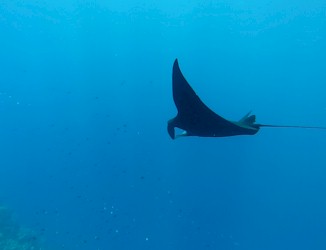
Pelagic Rays of Gorontalo
To see a Black Manta Ray is quite rare. The most common large ray seen is Gorontalo is the White-spotted eagle ray. Occasionally, numerous Mobula rays glide by divers. For your chance to see a pelagic ray, please make a dive booking with us at info@miguelsdiving.com
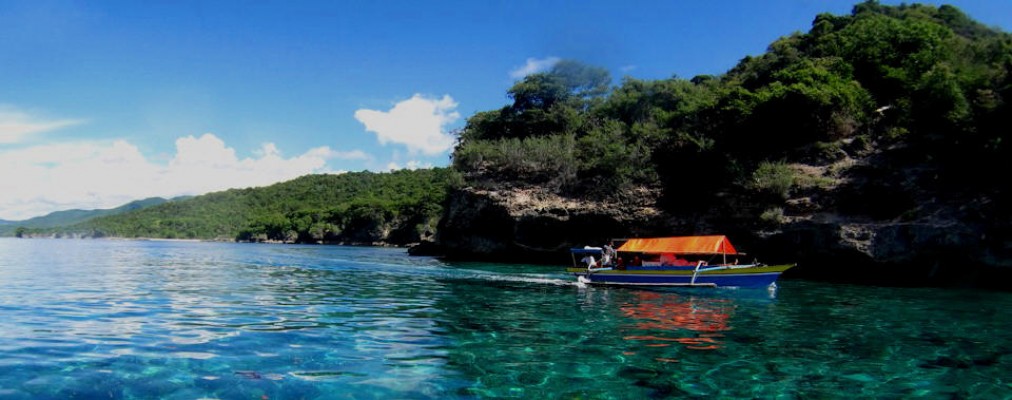
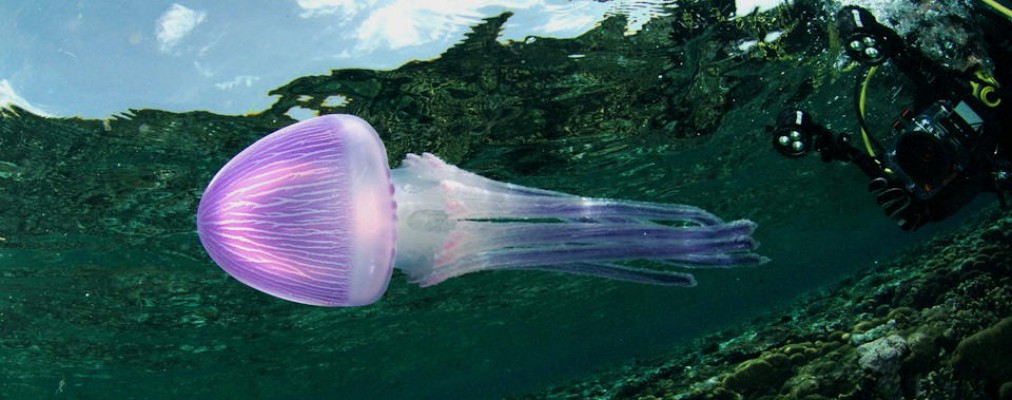
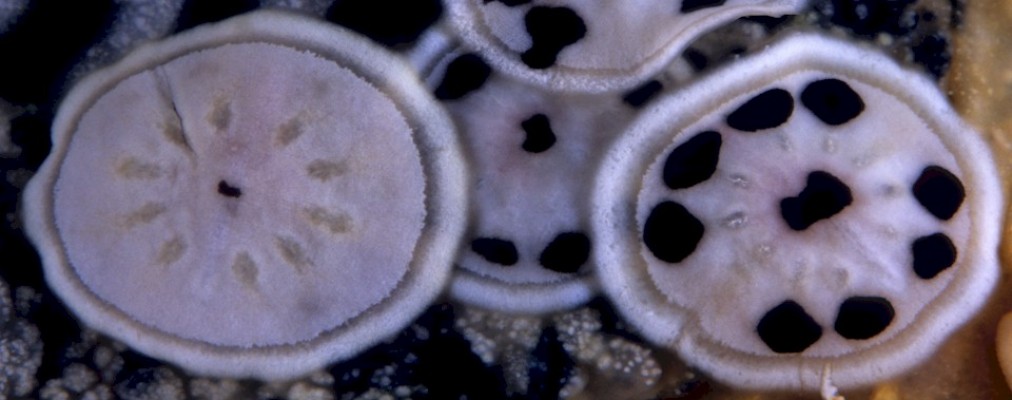
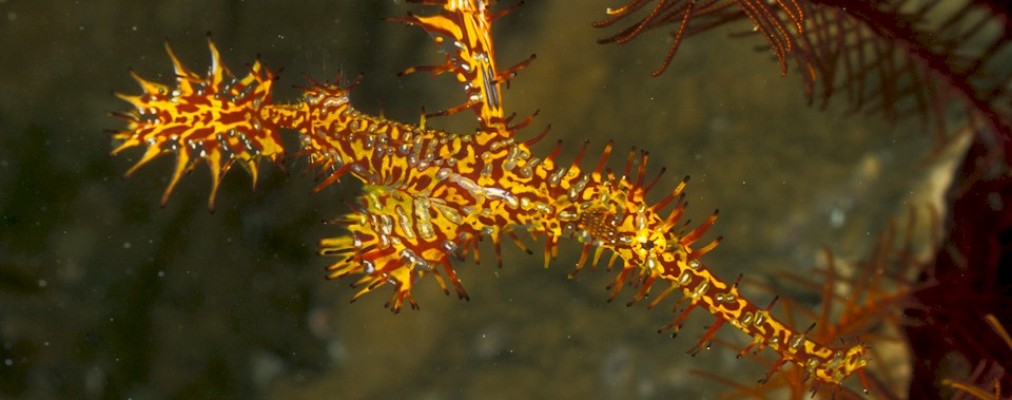
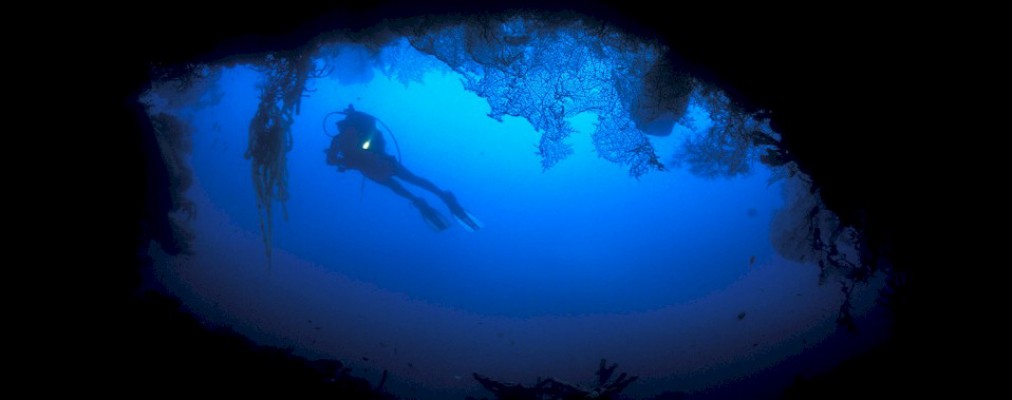

Sorry, comments are closed for this post.